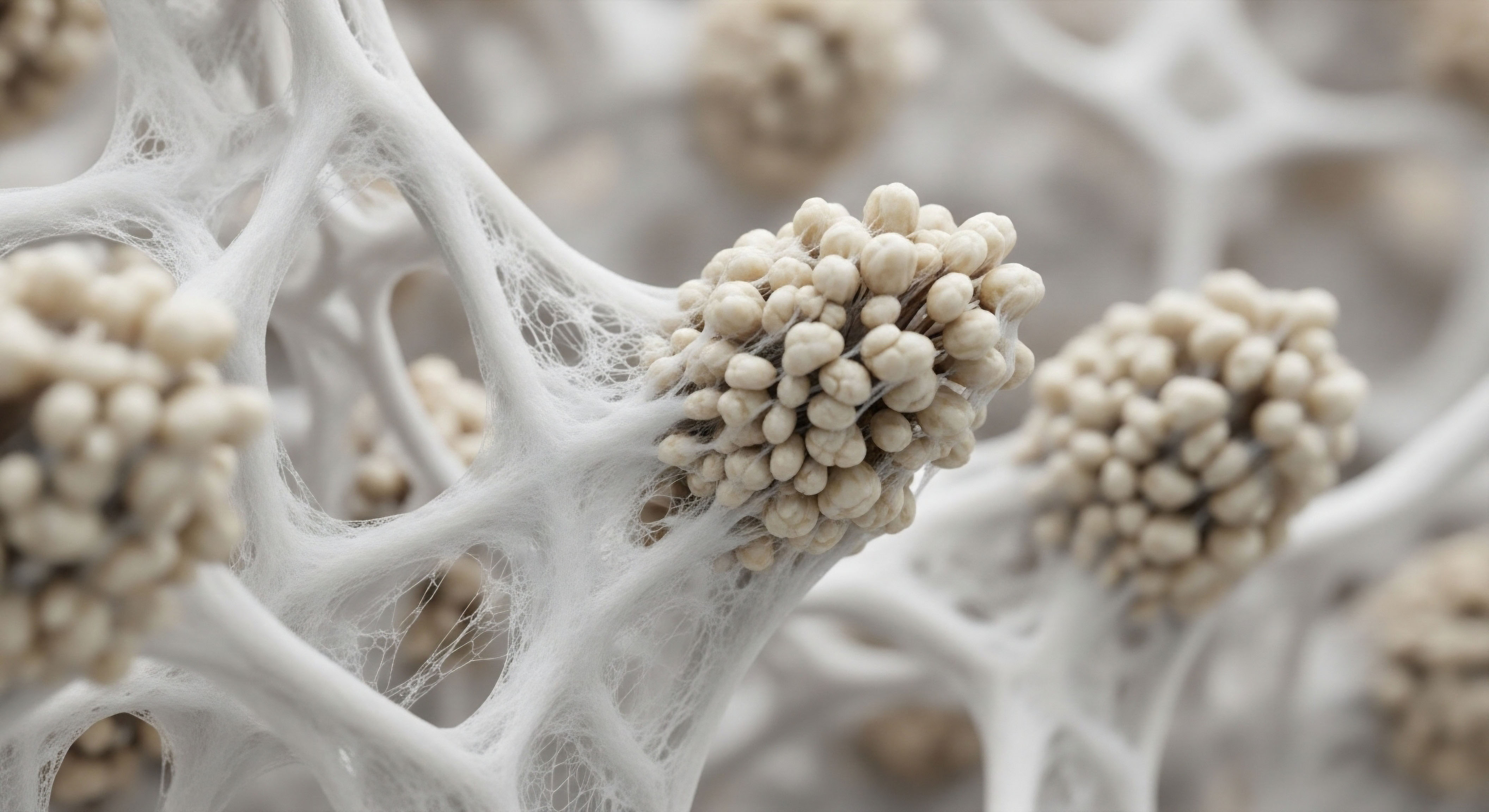The Bio-Optimized Diet for Enduring Focus

Recalibrate your internal chemistry with precision nutrition to achieve an unassailable, enduring focus that dominates the high-output world.
HRTioSeptember 29, 2025




